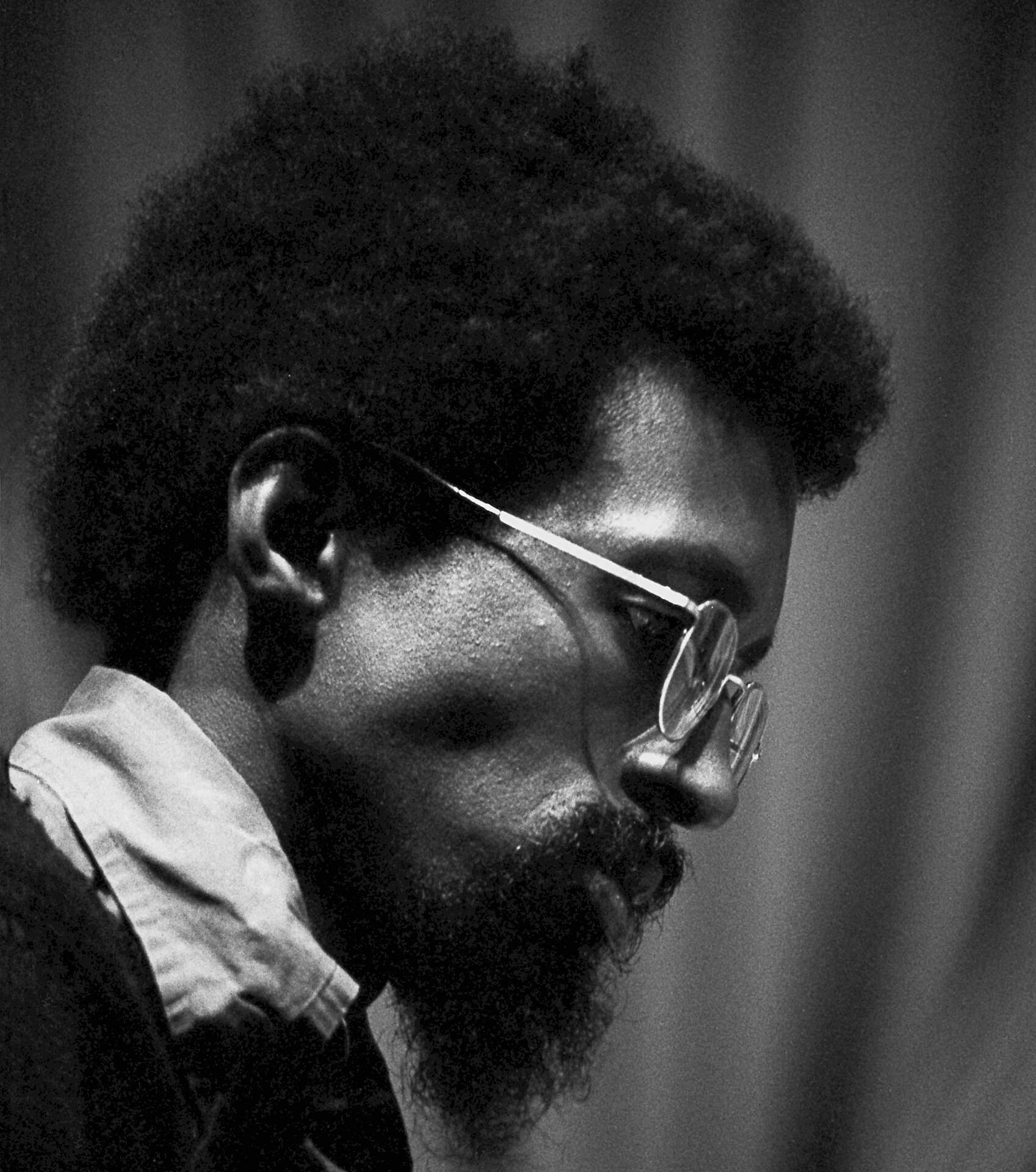Julius Eastman
(1940-90)
American
Born: New York, N.Y., U.S.
Julius Eastman was a composer, vocalist, pianist, choreographer, and dancer. Born in Harlem Hospital in New York City, he trained as a pianist and choirboy while growing up in Ithaca, N.Y. After a year of piano study at Ithaca College, he was accepted at the Curtis Institute of Music in Philadelphia in 1959.
In 1968 he moved to Buffalo, N.Y., where he was a member of the Center of the Creative and Performing Arts (A.K.A the Creative Associates), a SUNY Buffalo music fellowship program founded in 1964 by Lukas Foss and Alan Sapp. Eastman was one of approximately 120 musicians that came to Buffalo as a Creative Associate until the program's close in 1980.
Eastman’s usage of provocative words and performances, notably his 1975 participation in a John Cage piece during the inaugural June in Buffalo Festival in which he made sexual comments about his male and female assistants on stage, was not only to rile audience members, but also make important comments on America’s conservative social and economic stance during an era of non-inclusion and bigotry that plagued the African American and LGBTQ communities.
While in Buffalo, Eastman performed and toured in works by many of the most prominent contemporary composers in the nation, as well as performing his own pieces. Eastman also wrote compositions for ensembles and/or instruments that he didn't play. Making bold social statements through composition, he embodied the environment of Western New York’s vital experimental and multi-disciplinary art scene.
“... [O]nce he left Buffalo [for Manhattan in 1976], the tone of the titles of his pieces started to change, from The Moon's Silent Modulation (1970) to If You're So Smart, Why Aren't You Rich (1977), Evil Nigger(1979), etc.,” notes author/composer/performer Mary Jane Leach in The Julius Eastman Project. “Not only had Julius left the protective and nurturing environment of Buffalo, but in New York the divisions between the Uptown and Downtown music scene were more evident, and Julius was caught between both worlds. He had a foot in both camps.”
Eastman died alone of cardiac arrest at the age of 49 in Millard Fillmore Hospital in Buffalo. Much of his work was lost or forgotten for decades until a renewed wave of interest brought him posthumous acclaim in the 21st century, including a boxed set of his work and a book on his life and music.
